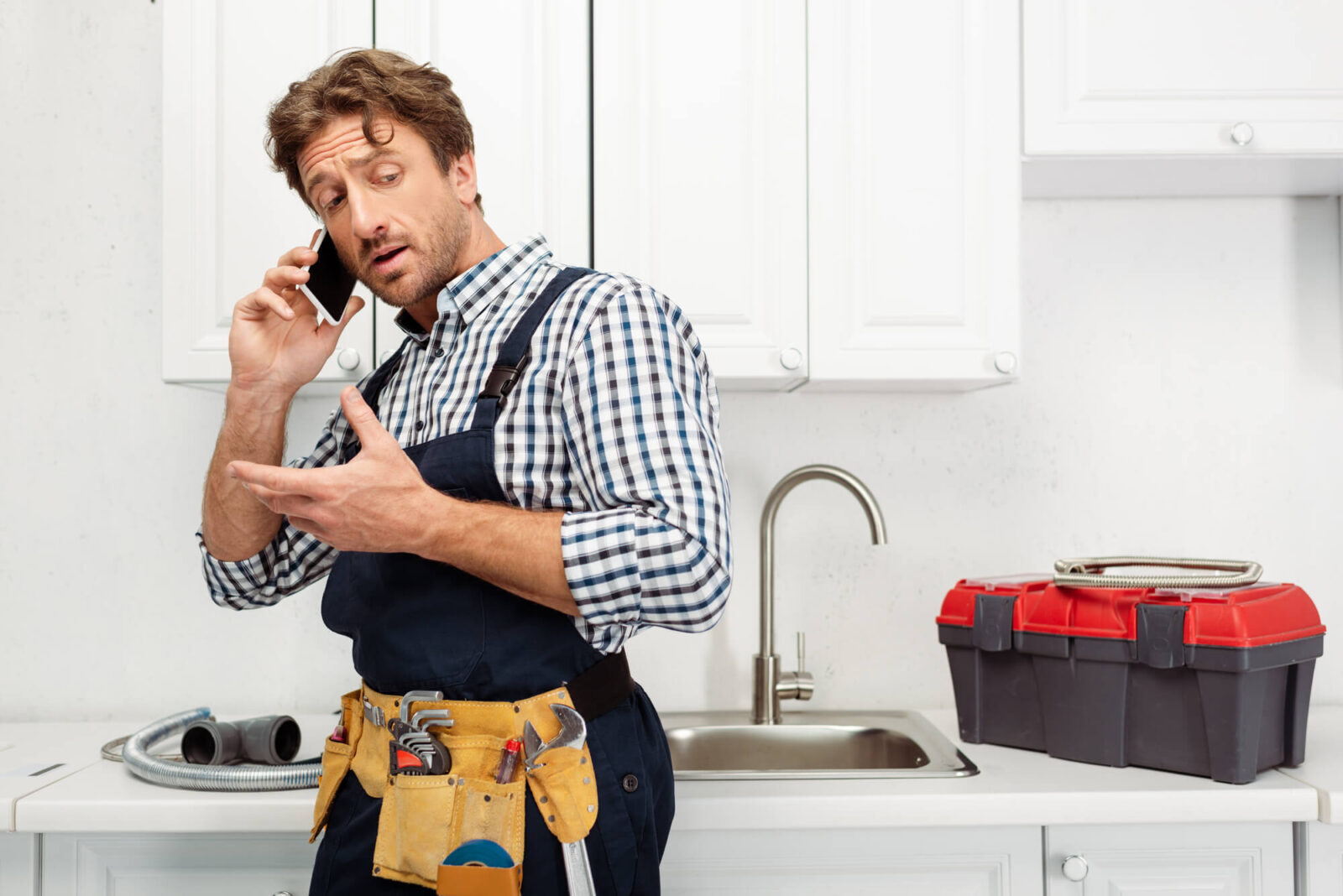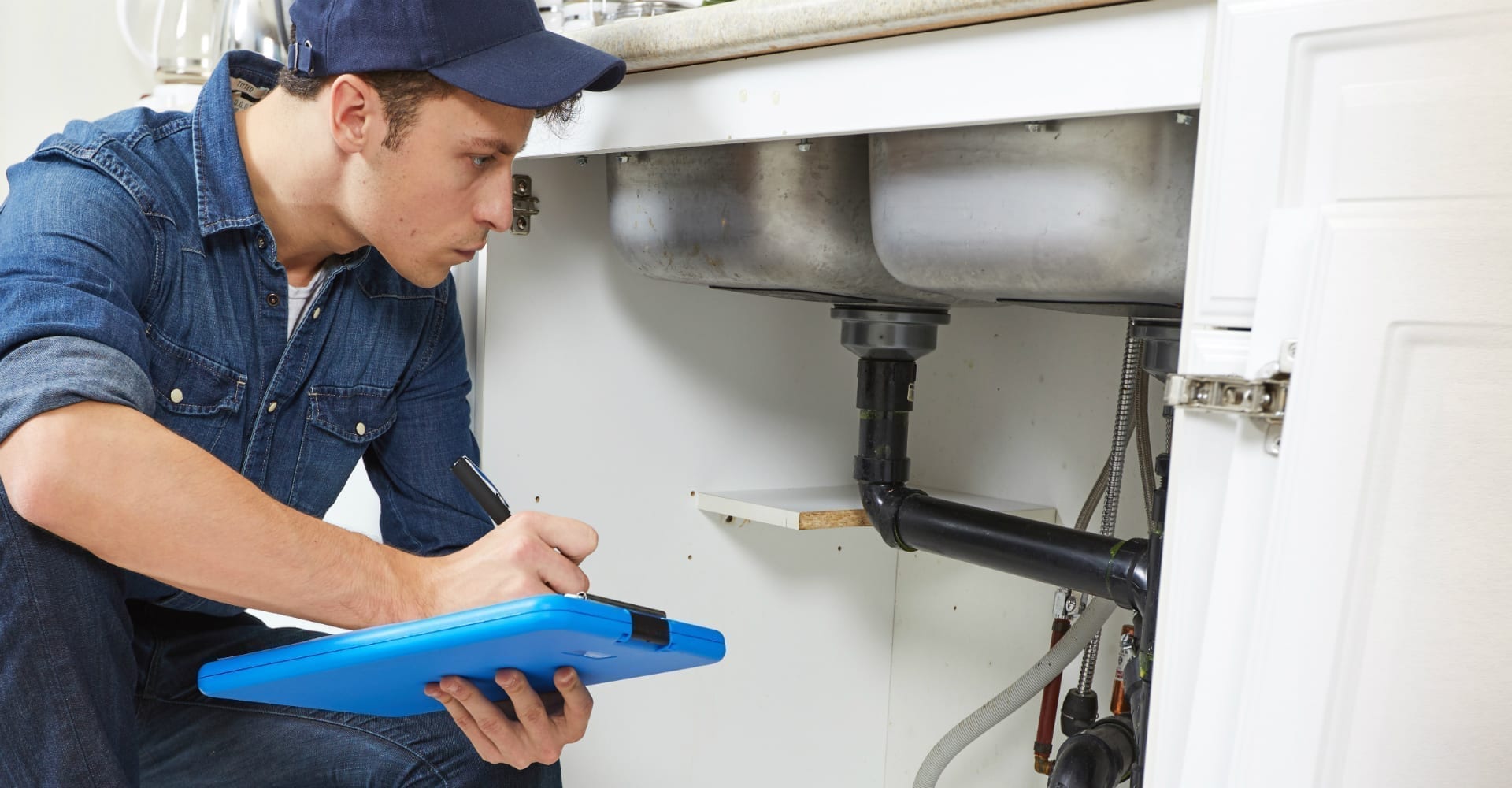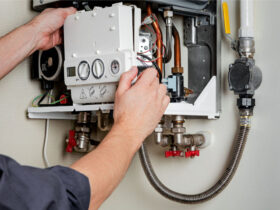Plumbing issues are a common challenge for homeowners, and hiring a professional is often the best solution. Unfortunately, the plumbing industry, like many others, is not immune to scams and unethical practices. To protect yourself and your wallet, it’s essential to recognize the warning signs and take proactive steps. This guide will help you identify common plumbing scams and provide actionable tips to avoid them.
Common Plumbing Scams to Watch Out For
1. Overcharging for Simple Repairs
Some unscrupulous plumbers may inflate the cost of straightforward repairs, banking on the customer’s lack of knowledge. For example, fixing a small leak may be presented as a major issue requiring extensive labor and parts.
2. Unnecessary Services or Repairs
Dishonest plumbers may claim that your plumbing system requires additional repairs or replacements that are not actually necessary. For instance, they might suggest replacing pipes that are still in good condition.
3. No Written Estimates
A common scam involves providing a verbal quote and later charging a much higher amount. Without a written estimate, you have no proof of the original agreed-upon price.
4. High-Pressure Sales Tactics
Some plumber in Twin Falls use high-pressure tactics to convince homeowners to make immediate decisions, such as signing a contract or agreeing to costly repairs without taking time to consider alternatives.
5. Upfront Payment Scams
Requesting full payment before starting any work is a red flag. In some cases, the plumber may take the money and disappear without completing the job.
How to Avoid Plumbing Scams
1. Do Your Research
Before hiring a plumber, take the time to research their credentials and reputation. Look for licensed and insured professionals, and check online reviews on platforms like Google, Yelp, or the Better Business Bureau.
2. Get Multiple Quotes
Don’t settle for the first plumber you find. Contact at least three professionals to compare their quotes, services, and expertise. This will give you a better sense of what’s reasonable for your specific plumbing issue.
3. Insist on a Written Estimate
Always request a detailed, written estimate before any work begins. The estimate should outline the scope of work, materials, labor costs, and any potential additional fees.
4. Verify Licenses and Insurance
Ensure the plumber holds a valid license and adequate insurance coverage. Licensing requirements vary by region, but they are generally a good indicator of professionalism and competence.
5. Avoid Upfront Payments
Reputable plumbers may ask for a deposit, but they will not demand full payment before starting the job. Always confirm payment terms in writing and avoid cash transactions whenever possible.
6. Trust Your Instincts
If a plumber’s behavior or pricing feels suspicious, trust your gut. High-pressure sales tactics or reluctance to provide written documentation are clear warning signs.
Questions to Ask Before Hiring a Plumber
- Are you licensed and insured?
- Can you provide references or customer testimonials?
- Do you offer a written estimate?
- What warranties or guarantees do you provide for your work?
- How do you handle unexpected issues or additional costs?
What to Do If You’ve Been Scammed
If you suspect that you’ve fallen victim to a plumbing scam, take immediate action:
- Document Everything: Keep copies of invoices, estimates, and correspondence.
- Contact Authorities: Report the scam to your local consumer protection agency or the Better Business Bureau.
- Leave Reviews: Share your experience online to warn others.
- Seek Legal Advice: If the financial loss is significant, consult an attorney to explore your options.
Conclusion
Plumbing scams can be costly and stressful, but with the right precautions, you can protect yourself and your home. By researching professionals, insisting on written estimates, and staying vigilant, you’ll be better equipped to avoid unethical practices. Remember, a trustworthy plumber will prioritize transparency and customer satisfaction, ensuring your plumbing needs are met without unnecessary complications.





